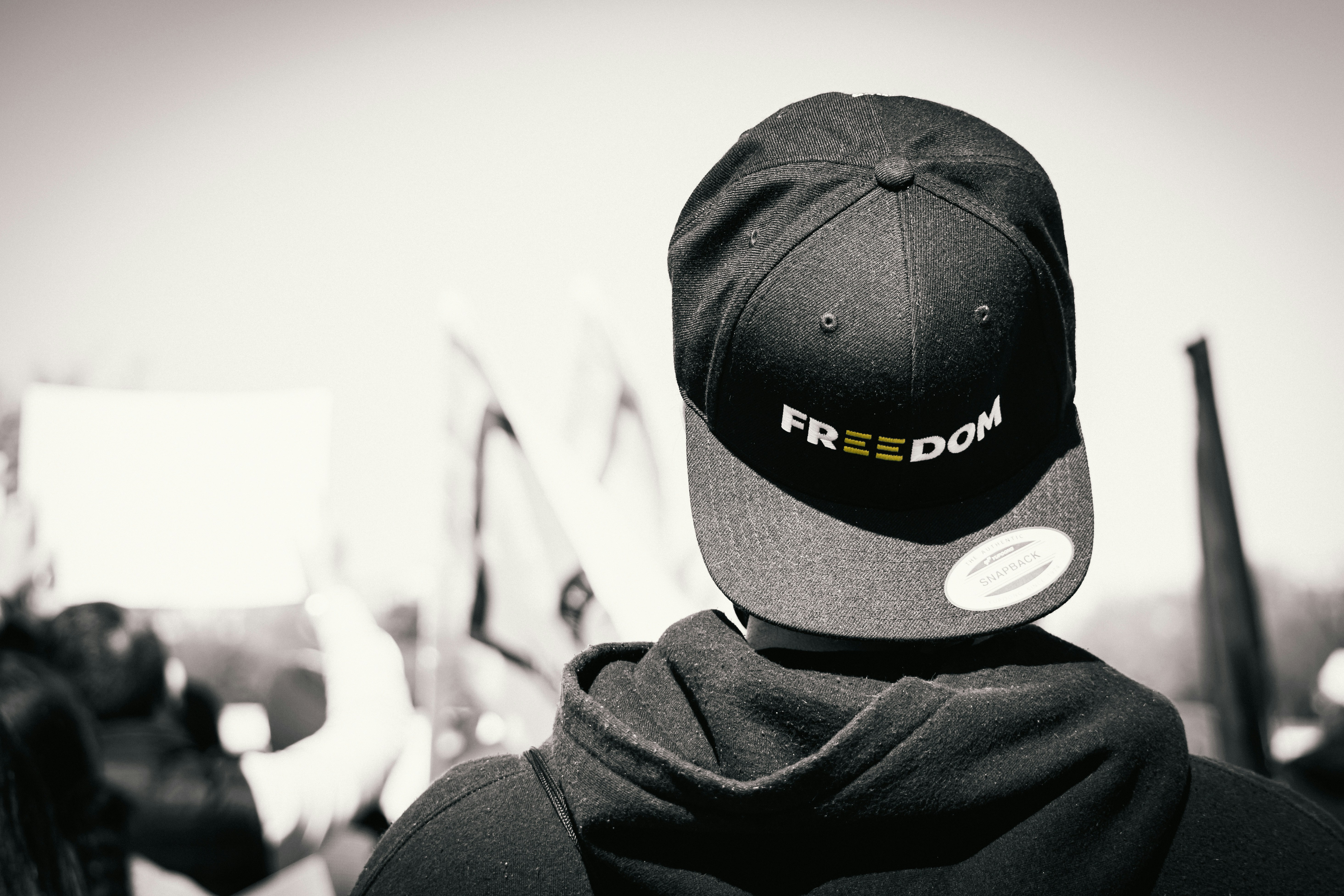The Crime of Speaking. Freedom of Expression and Criminal Law in Europe
The Council of Europe has published a new guide warning against the growing recourse to criminal law, which, when used to justify the protection of other rights and interests, risks instead restricting freedom of expression and the pluralism of opinions.
A journalist in a courtroom, eyes tense. He hasn’t killed, he hasn’t stolen. He is standing trial for a troublesome article.
This is not an imagined scene. It may seem distant, yet it happens every time words are treated as a crime.
“Freedom of expression … applies not only to “information” or “ideas” that are favourably received or regarded as inoffensive or indifferent, but also to those that offend, shock, or disturb the State or any sector of the population. Such are the demands of pluralism, tolerance, and broadmindedness without which there is no “democratic society.”
So wrote the European Court of Human Rights in December 1976, in its judgment in Handyside v. the United Kingdom. These very words open the new report just released by the Council of Europe’s Division for Cooperation on Freedom of Expression, with its telling title: Limiting the Use of Criminal Law to Restrict Freedom of Expression. The central message is clear: criminal law must be used with restraint and caution, as a last resort, only when there are serious and concrete threats—not when a politician or a company with influence over public life feels offended by an editorial or exposed by an investigation.
Because the difference is not only legal—it is cultural and democratic. Turning words into crimes produces what the European Court of Human Rights has described for decades as the chilling effect. In other words: prison is not required; the mere threat of a trial is enough to discourage journalists, activists, and lawyers from speaking their minds.
And it is not only about the severity of punishment or sanction, as the European Court of Human Rights has repeatedly recognised.
For example, in Şener v. Turkey, the Court held that even a suspended sentence “has the effect of restricting the work of the publisher and reducing his ability to offer the public views which have their place in a debate of general interest.” A sword of Damocles hanging over the writer’s head.
Or in Brasilier v. France, where the judges went so far as to state that “although a conviction with a symbolic fine of one franc is as moderate as possible, it is not sufficient, in itself, to justify interference with the right to freedom of expression.” Even one euro, in short, is too much when it comes to ideas.
The Council of Europe’s guide identifies five areas where the risk of abuse is greatest:
- Hate speech, which should only be punished if it directly incites violence or discrimination;
- Defamation and insult, where decriminalisation and reliance on civil remedies are recommended;
- Confidential information, which must be balanced with the public interest in transparency;
- National security, often used as a pretext to silence opposition;
- Disinformation, for which criminal law is ineffective and disproportionate.
The red thread is always the same: clarity, proportionality, moderation. Vague laws on “offence” or “decency” open the door to arbitrary interpretations and politically motivated convictions that can effectively restrict freedom of expression, with a degrading impact on the democratic fabric of states.
In this regard, it is worrying that, according to data collected by the Council of Europe’s Platform for the Protection of Journalism and Safety of Journalists, cases of detention and imprisonment of journalists have increased significantly since 2019.
This is where the discussion connects to another growing threat: SLAPPs (Strategic Lawsuits Against Public Participation), for which Italy still lacks legislation, despite its urgent need. Lawsuits brought not to win, but to wear down, silence, intimidate. These are often civil actions, but there is a danger that criminal proceedings could become a supercharged SLAPP, with even more devastating effects. A criminal trial, even if it ends in acquittal, leaves scars: costs, time, reputation, and above all, fear.
The European Court of Human Rights has been explicit: even the opening of an investigation can have a dissuasive effect. In Altuğ Taner Akçam v. Turkey, recalled by the Council of Europe’s report, the real risk of being investigated for “denigrating Turkishness” was already enough to restrict freedom of speech.
For this reason, the Council of Europe reiterates that imprisonment for speech-related offences is admissible only in exceptional cases—such as incitement to violent hatred—and that even the lightest sanctions must be approached with caution. In Italy, despite the efforts of professionals, civil society organisations, and condemnations from the European Court of Human Rights itself, defamation is still a criminal offence punishable by prison, and every proposed reform is either rejected or relegated to “non-priority” status.
In the end, the question is simple: do we want a society that punishes words, or one that debates them?
Democracy is measured in part by this: the space it leaves for critical voices, for those who disturb, for those who say things we do not want to hear. Punishing speech does not make us safer. It only makes us quieter.





